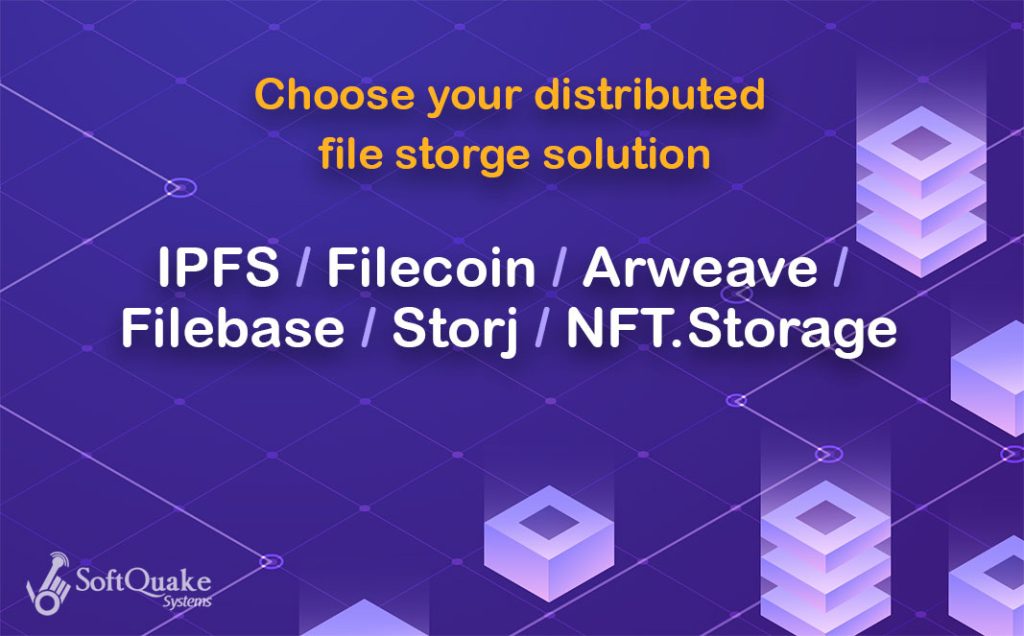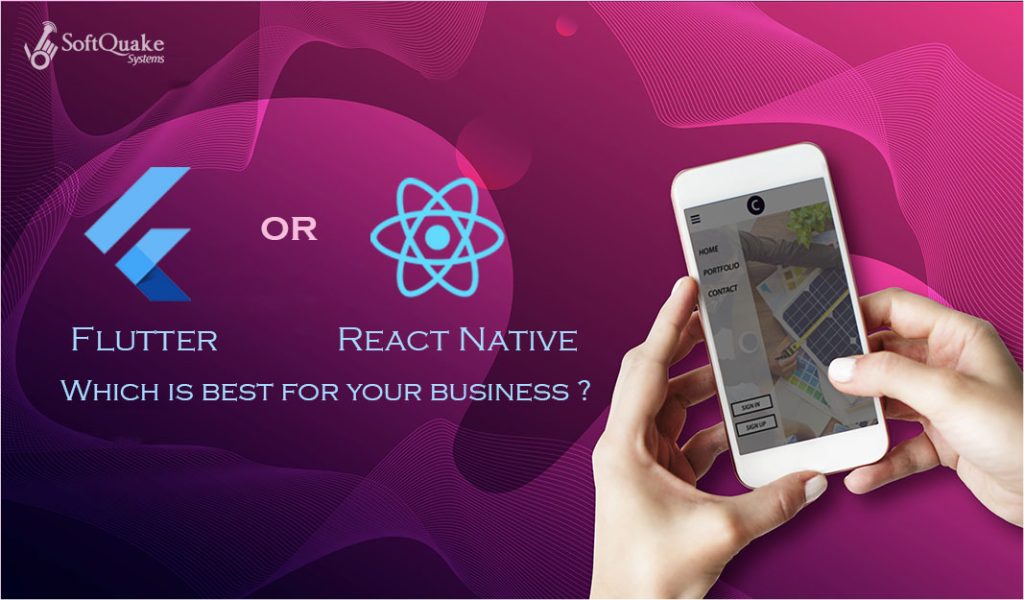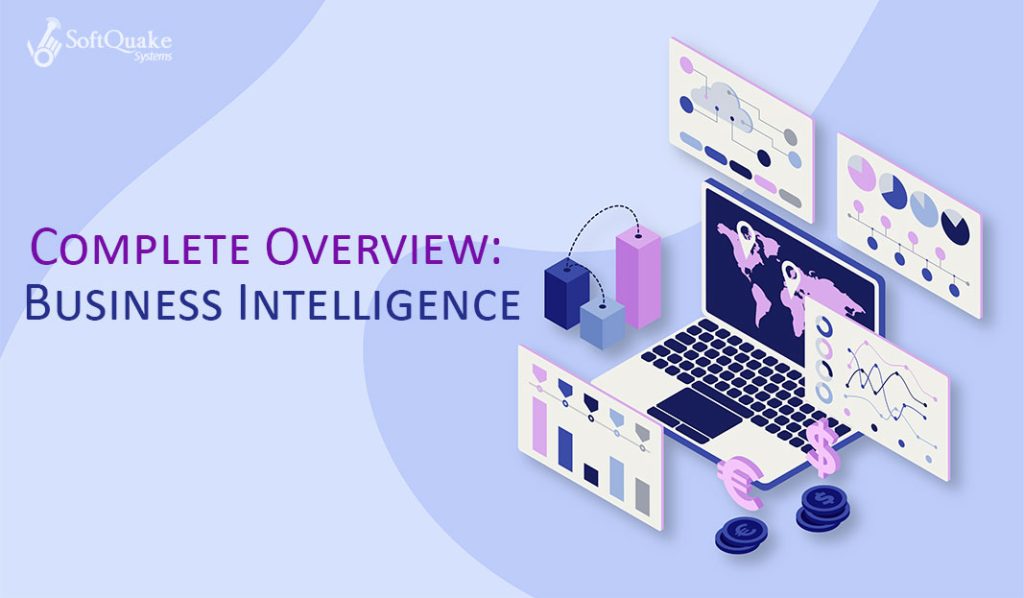Creating a blockchain-based lottery system is an intriguing application of blockchain technology, which offers transparency, security, and fairness through its decentralized nature.
How We develop Decentralize Lottery System
1. Conceptualization and Planning
- Define Objectives: Clearly outline what you want to achieve with your blockchain lottery system. Consider the size of the lottery, the frequency of draws, prize structures, and legal compliance issues.
- Target Audience: Identify your target audience and their preferences to tailor your lottery system accordingly.
2. Choosing the Right Blockchain
- Ethereum: Popular for its smart contract capabilities, making it suitable for automated lottery systems.
- Binance Smart Chain (BSC): Offers similar functionality to Ethereum but with lower transaction fees.
- Other Blockchains: Solana, Cardano, and Polkadot are other options, each with unique features such as speed and cost-efficiency.
3. Designing the Lottery Mechanics
- Smart Contracts: Develop the smart contracts that will run your lottery. These should handle ticket purchases, random number generation, prize distribution, and any other logic specific to your lottery.
- Random Number Generation (RNG): This is crucial for fairness. RNG can be done on-chain (using blockchain data like block hashes) or off-chain (using external data sources via oracles).
- Ticket Sales & Distribution: Decide whether you want to limit the number of tickets per wallet, how tickets are priced, and how they are distributed.
4. Developing the Smart Contracts
- Write the Code: Use Solidity for Ethereum or BSC, or other appropriate languages for different blockchains.
- Testing: Thoroughly test the smart contracts in various scenarios to ensure they function correctly and securely.
- Audit: Have the contracts audited by a reputable third-party to ensure they are secure and free of vulnerabilities.
5. User Interface Development
- Web Interface: Most users will interact with your lottery through a web interface. Develop a clean, user-friendly UI that is easy to navigate.
- Mobile Compatibility: Ensure that the website is responsive or consider developing a dedicated mobile app.
- Wallet Integration: Integrate popular crypto wallets for users to easily buy tickets and receive winnings.
6. Deployment and Launch
- Deploy Smart Contracts: Deploy your smart contracts to the mainnet after thorough testing and auditing.
- Marketing: Develop a marketing plan to attract participants. Use social media, online advertising, and partnerships with influencers in the crypto space.
- Monitoring and Support: Once live, monitor the system for any issues and provide customer support for users.
7. Post-Launch Adjustments and Scaling
- Feedback: Gather user feedback to understand their experience and areas for improvement.
- Scaling: Consider scaling solutions if your lottery gains traction and the user base grows significantly.
- Updates and Maintenance: Regularly update the system to address any issues, improve functionality, and ensure security against emerging threats.
Our Technologies and Tools
- Solidity: Primary programming language for Ethereum smart contracts.
- Truffle Suite: Development environment, testing framework, and asset pipeline for blockchains.
- Metamask: A crypto wallet and gateway to blockchain apps, important for user interactions.


 +91 8420731759
+91 8420731759















